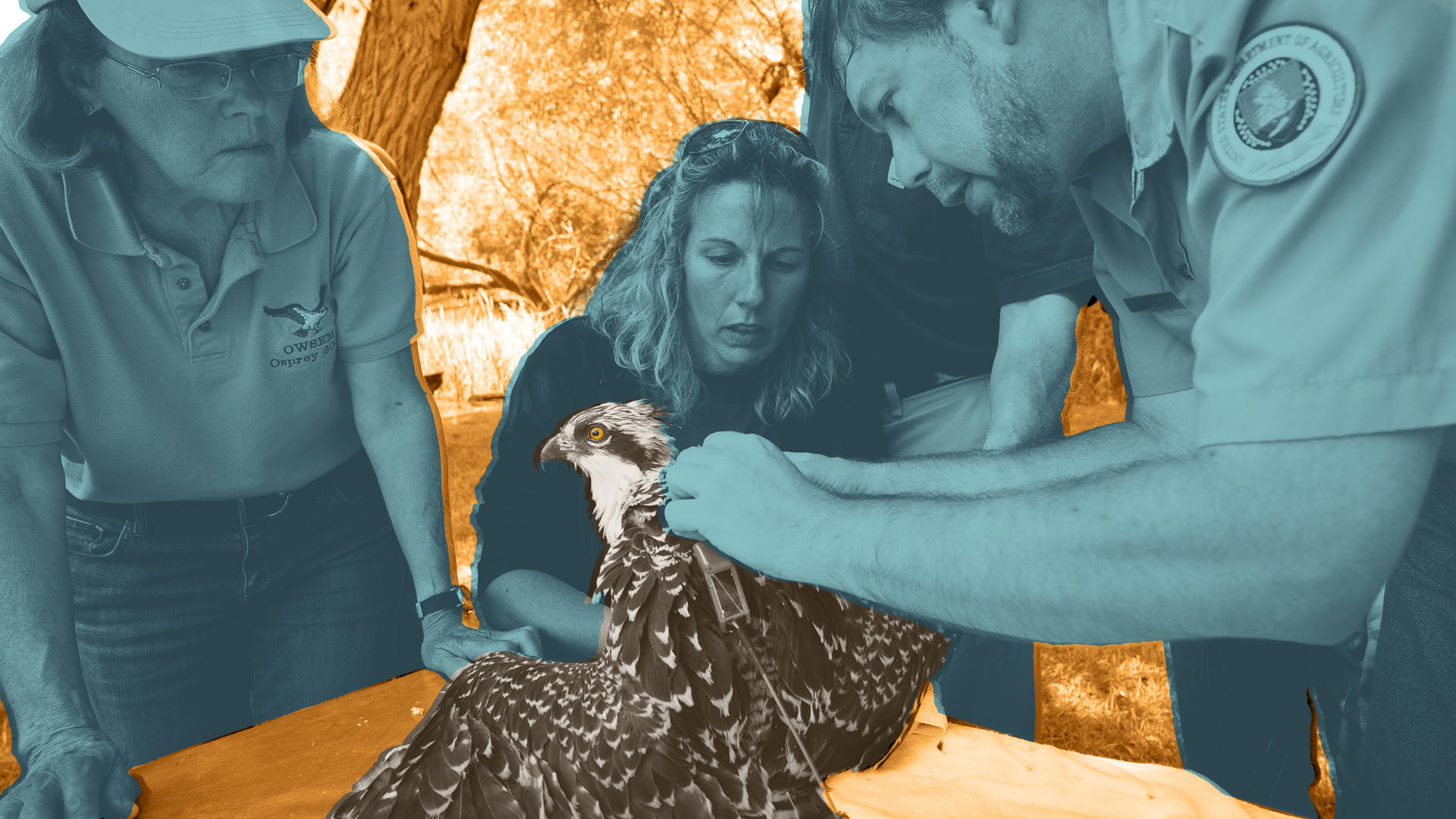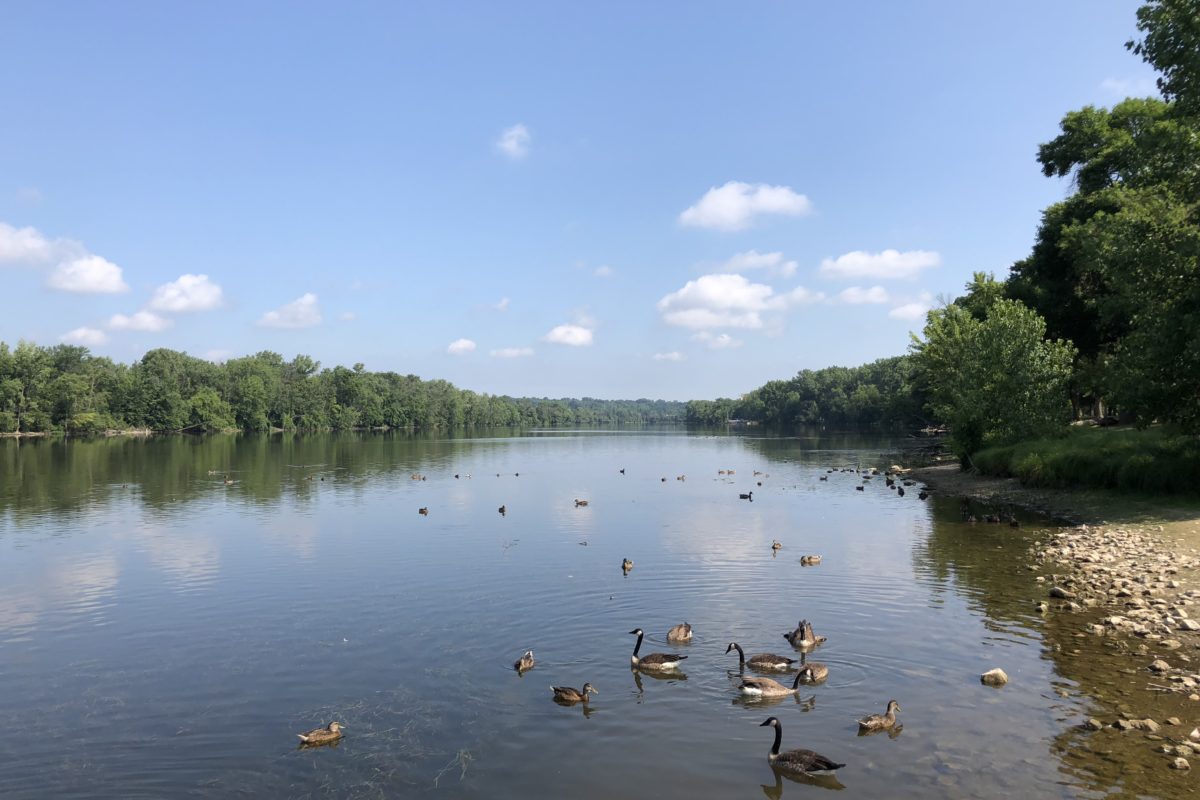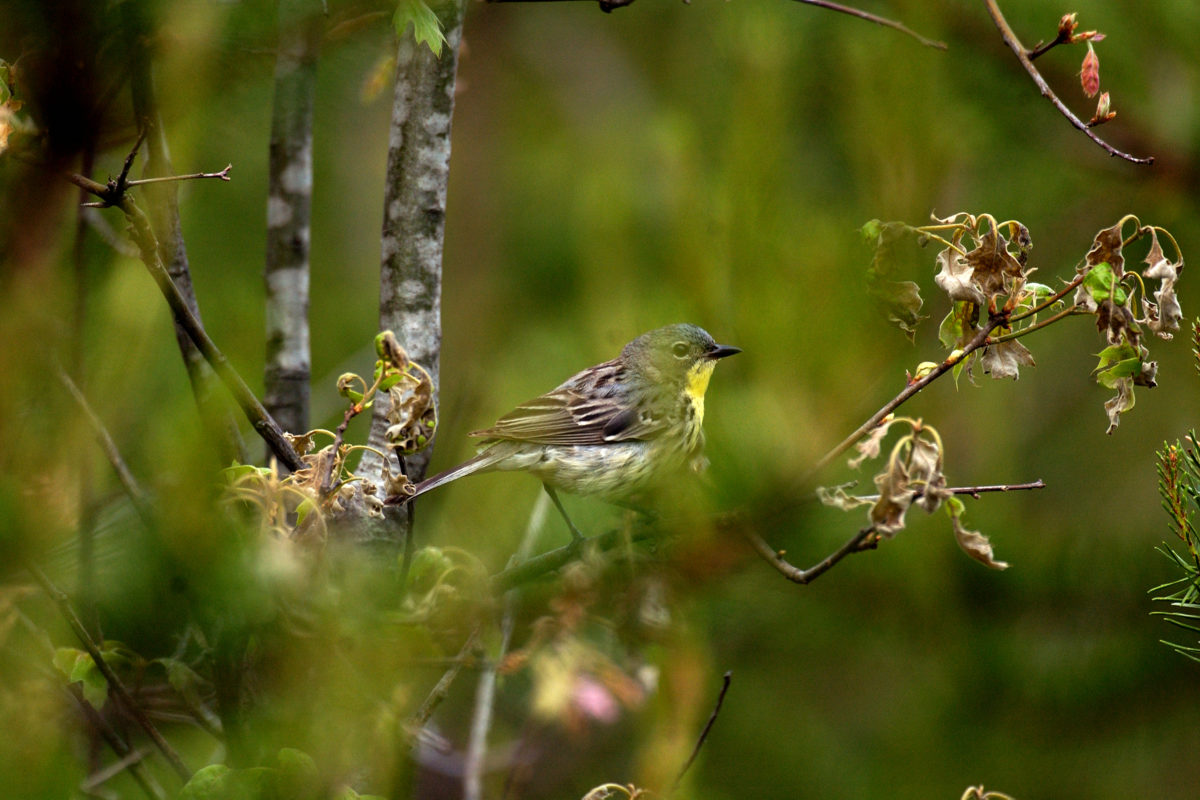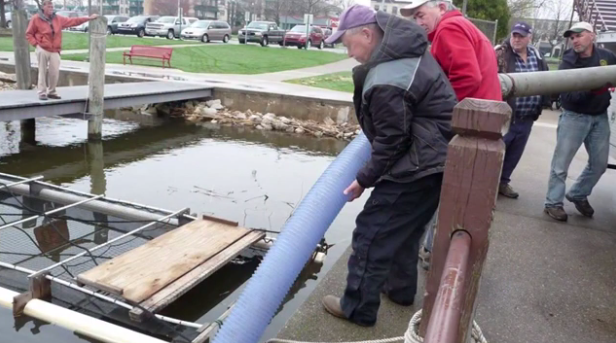Did you know conservation makes birding, hiking, and kayaking possible? Test your conservation knowledge here!
How Does Conservation Work?
Much of conservation work, which plays a vital role in the management of Michigan’s natural resources, is done by biologists, field technicians and fish and wildlife assistants! Unique natural resources require active management to ensure their existence and ability to be enjoyed by generations to come. One of the ways this happens is through habitat management practices that benefit wildlife, waters and forests. Volunteer outdoor enthusiasts from different backgrounds come together to complete a variety of wildlife management and conservation assignments. Only through teamwork can we keep our ecosystems healthy!
Why Is Conservation Important?
Conservation efforts protect, develop and maintain wildlife populations and habitats for environmental, economic and recreational purposes. Real-life examples can look like bird banding, food plotting, population surveys, fish stocking and more!
What Makes Conservation Possible?
Most funds for Michigan conservation efforts come from the purchase of hunting and fishing licenses and equipment — though you don’t have to be a hunter or angler to benefit! If you enjoy outdoor activities like birding, hiking, kayaking and even mushroom hunting, conservation plays a large part in making these possible.
Think you know a thing or two about conservation? Let’s find out!
Who does conservation work?
- Miners, builders, sanitation workers
- Biologists, field technicians & assistants
- Librarians, professors, baristas
What primarily funds conservation efforts in Michigan?
- Buying hunting and fishing licenses & equipment
- Tourists interested in birding and natural parks
- State tax dollars
Who benefits from conservation efforts?
- Hunters & anglers
- Outdoor enthusiasts
- Wildlife
- All of the above
BONUS ROUND
What species of bird (thanks to conservation efforts!) was recently removed from the endangered species list?
- Trumpeter swan
- Muskellunge
- Ruffed grouse
Answer key: b, a, d, a



